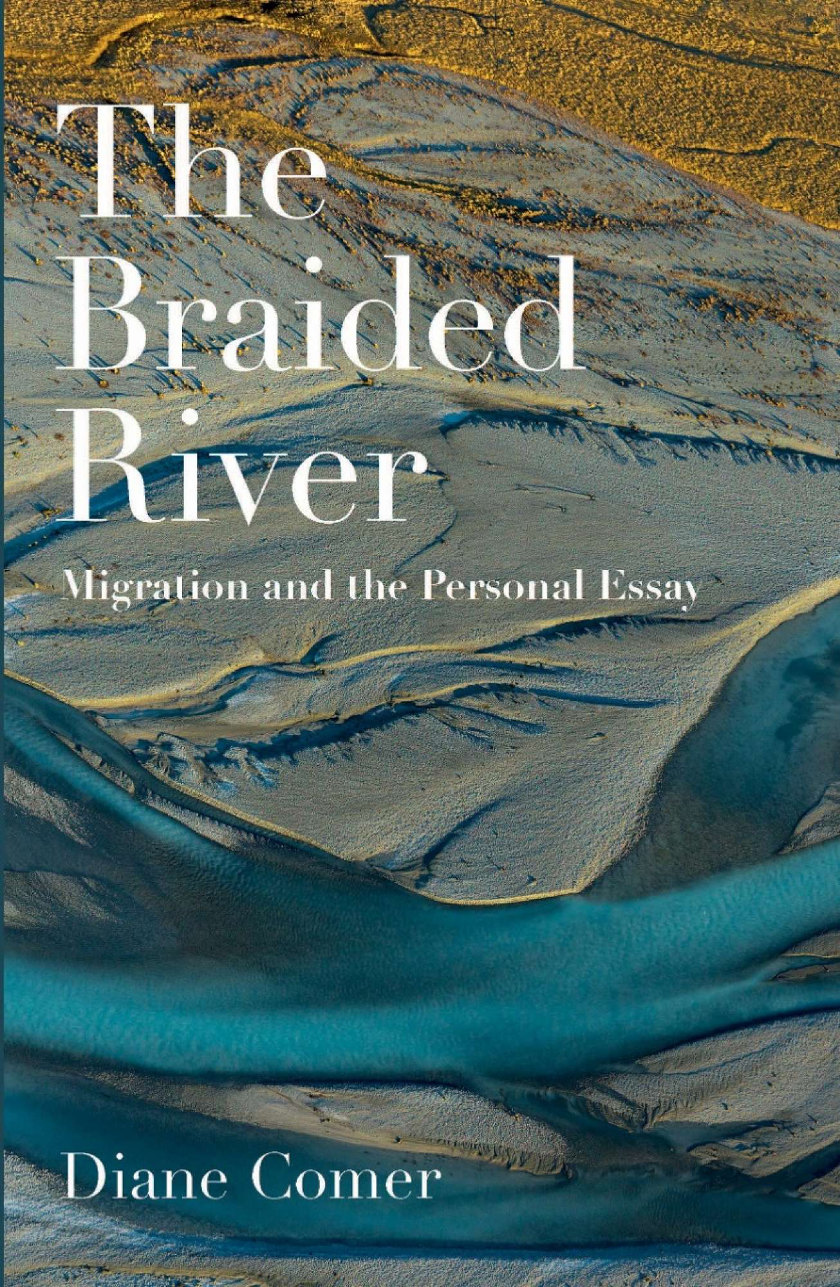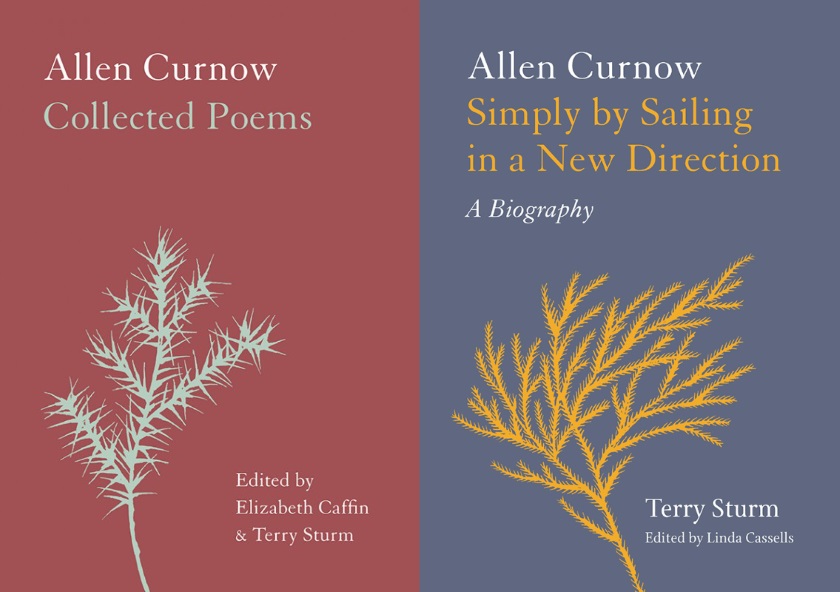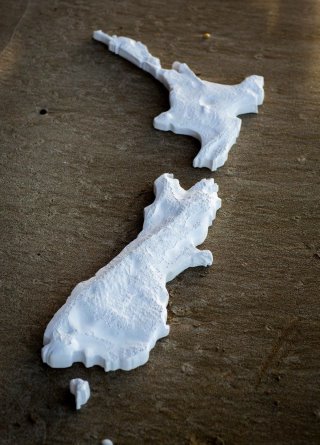
D. Comer: The Braided River: Migration and the Personal Essay. Dunedin: Otago University Press 2019.
LIVING Victoria Whisker reviews Diane Comer’s The Braided River: Migration and the Personal Essay. Its accounts of migrants’ stories gave her a deeper appreciation of New Zealanders who have chosen the country as their home
Victoria Whisker is a writer for Lucire.
‘This book is a migrant’s story—mine, interwoven with those of 37 others to reveal the emotional and existential landscape of the migration that we have traversed in our lives.’ Author Diane Comer, an American expat herself, connects with migrants’ essays as she, too, grapples with identity and belonging. When teaching a community education course on the personal essay in Christchurch, New Zealand, the stories struck a chord with her. such as ‘Immigration is surely a synonym for farewell’, by student Gareth. Resonating with Gareth’s sense of loss, Comer realized the richness of migrants’ stories and sought to write her book, The Braided River: Migration and the Personal Essay. This work of New Zealand non-fiction balances the academic research of migration with extracts from personal essays of migrants.
Hindsight is apparent in the personal essay, where the reflective element helps the writer understand in the present what they could not in the past. As John O’Donohue states, ‘understanding nourishes belonging’. The personal essay is a vehicle that analyses how ‘we live forward but understand backwards’.
I felt deep empathy for Korean immigrant In Suk, who stated, ‘I have bestowed on my daughter a crown of bilingualism,’ highlighting the importance of language in belonging. Those with a binary tongue feel like their home disappeared ‘both literally and linguistically’ as they realize their mother tongue is slipping away. This is described as a transitional, liminal state. For Chinese-American writer Ha Jin it was ‘an act of betrayal that alienates him’ in his migrant experience (extract from The Writer as Migrant). This triple sense of loss is significant ‘because roots, language and social norms have been three of the most important parts of the definition of what it is to be a human being. The migrant, denied all three, is obliged to find new ways of describing himself, new ways of being human’(from Imaginary Homelands). Thus language and belonging are interwoven strands of a hidden river.
For many migrants, the shift from their country of origin also shifts their vocation, where qualification and experience are not recognized. In Suk felt like her ‘good qualification (was) buried,’ further stating that she tried to learn English to ‘survive here as a useful person’. This feeling of otherness and usefulness leaves her feeling deaf and mute. I connected so well with the strong imagery from the migrants’ essays, I wished they were available to read in long form.
The personal essay is a window to the soul’s experience of past, present and future. One’s ‘migrant identity [is] informed by more than one language and culture’. This work balances the diverse nature of migrants, from those who marry a New Zealander with migrants who arrive ‘late in life full of somewhere else’. However, what characterizes all migrants is the gnawing sense of longing. Thus illustrating the ongoing journey of a migrant faced with stretching between two identities. Bridging the gap can be difficult for ‘those who have been uprooted seek to be regrounded, to regain that sense of belonging.’
Comer defines it as contrapuntal awareness, where distinguishing old from new is a lifelong dilemma. David, an American who migrated much later in life, mirrors this by reflecting, ‘it’s nothing if it is not emotional.’ The feeling of farewell is something everyone can relate to; however for migrants who live with ongoing distance, it is an experience that permeates their lives.
Cultural customs are hard to shift when moving to New Zealand. For example, a visible token of grief such as a black ribbon from Switzerland, or expectations of being the caregiver of parents in Chinese families. This book is rich in knowledge. As a New Zealander myself, I found myself empathizing with migrants on a deeper level than I have ever experienced. Things that I take for granted, such as speaking the lingua franca, now I hold with deeper appreciation.—Victoria Whisker
Related articles hand-picked by our editors
 Blogs are here to stay
Blogs are here to stay
Rosie Findlay’s Personal Style Blogs is an in-depth analysis of the fashion blogosphere. In a counterpoint to our earlier story, Jack Yan considers her book
From issue 38 of Lucire

A grand tribute to Allen Curnow
Those seeking a tasteful gift for lovers of poetry and literature should consider Auckland University Press’s two volumes on New Zealand’s greatest poet, Allen Curnow. Jack Yan looks at the pair
 Finding relief in the Coromandel
Finding relief in the Coromandel
Artist Annie Spence moved to New Zealand’s Coromandel region to get away from the rat race. There, she creates unique sculptures that illustrate her love for the country. Jack Yan speaks to her
Advertisement
Copyright ©1997–2022 by JY&A Media, part of Jack Yan & Associates. All rights reserved. JY&A terms and conditions and privacy policy apply to viewing this site. All prices in US dollars except where indicated. Contact us here.